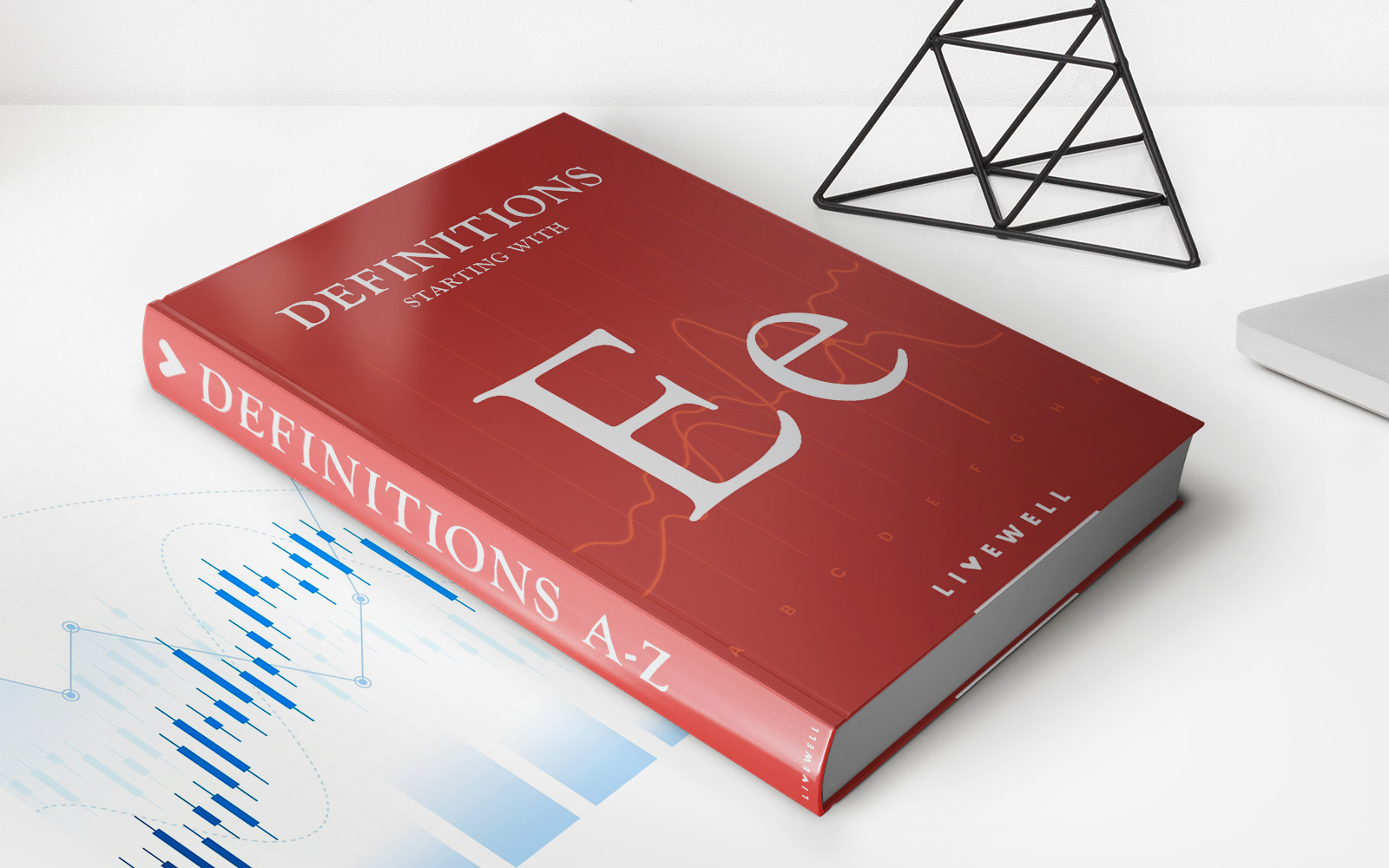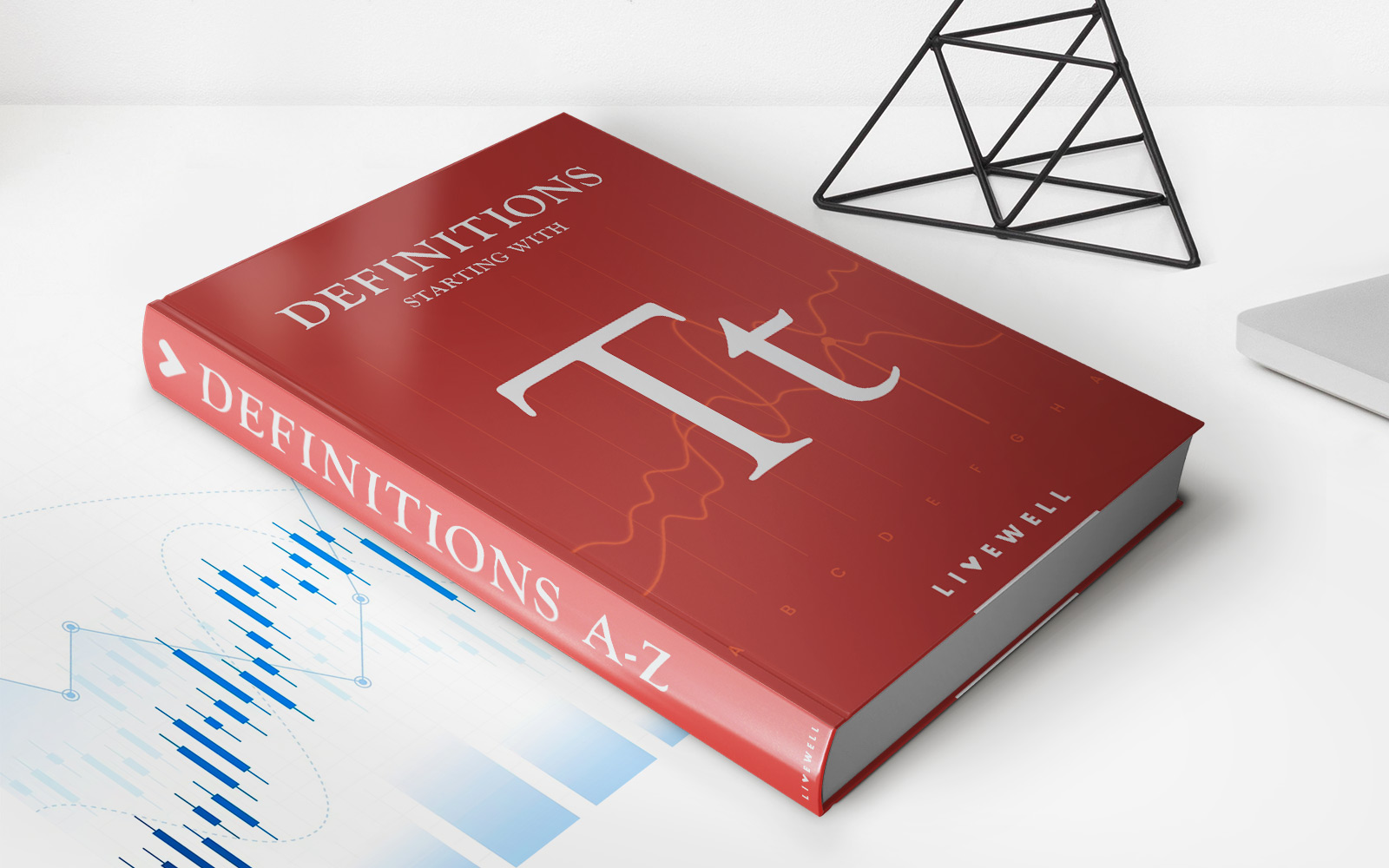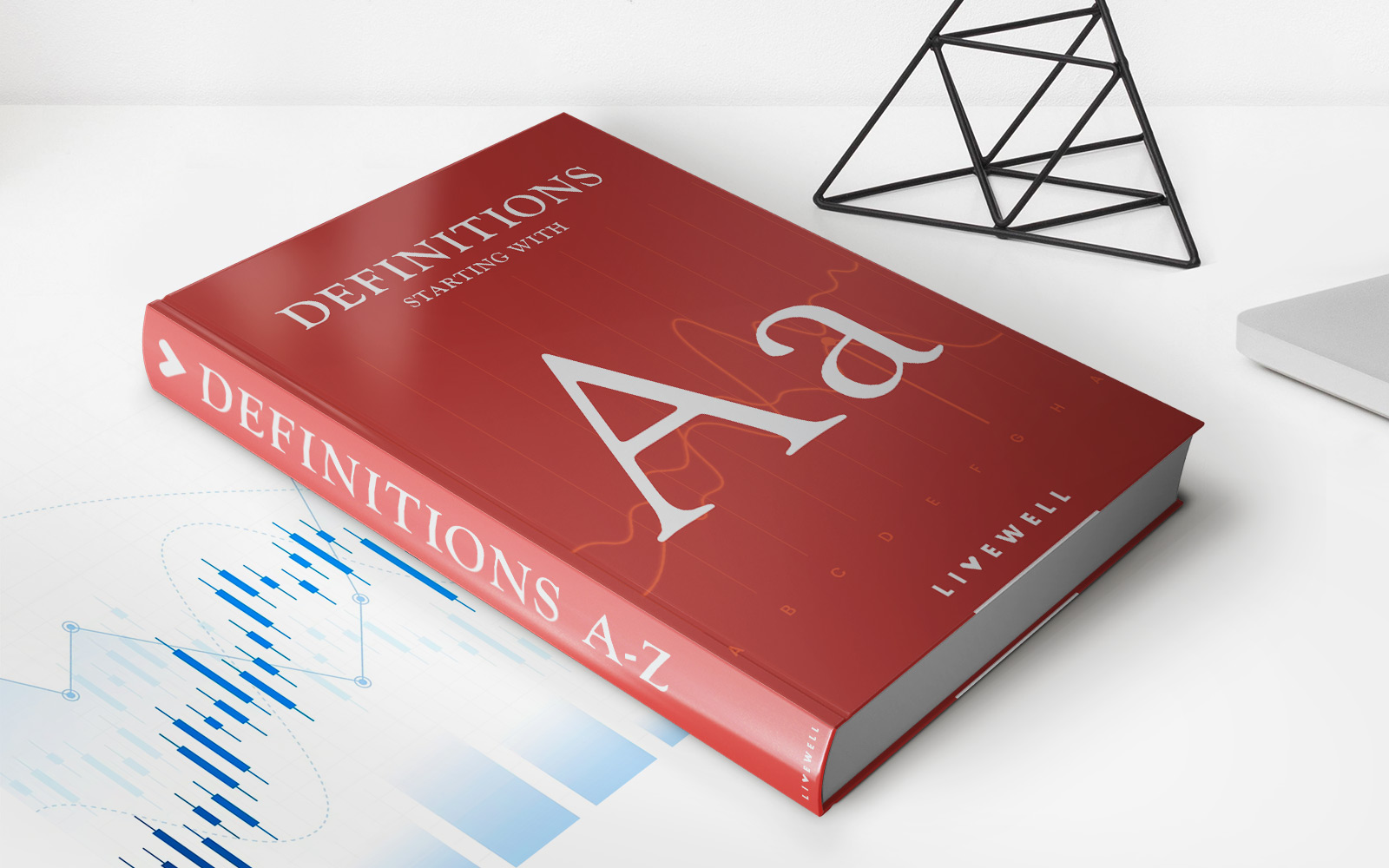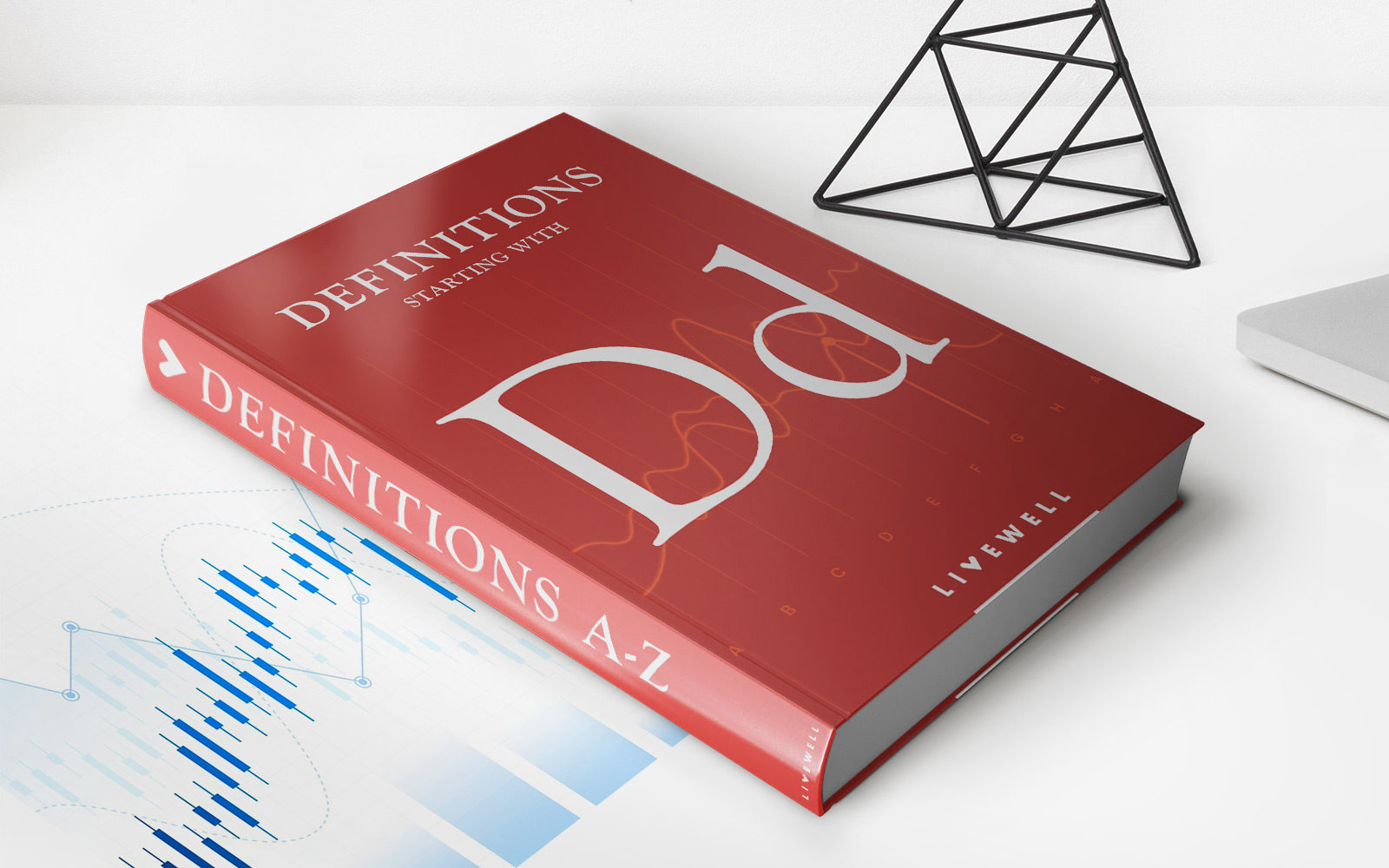

Finance
Council Of Economic Advisers (CEA) Definition
Published: November 4, 2023
Learn about the Council of Economic Advisers (CEA) definition and its significance in the world of finance. Gain insights into the role and functions of CEA in shaping economic policies.
(Many of the links in this article redirect to a specific reviewed product. Your purchase of these products through affiliate links helps to generate commission for LiveWell, at no extra cost. Learn more)
Council of Economic Advisers (CEA) Definition: An Expert Guide
Welcome to our finance category, where we delve into the world of economic policies, financial strategies, and everything related to money matters. In this blog post, we will explore the Council of Economic Advisers (CEA), an essential institution in the United States that plays a crucial role in shaping economic policy. By the end of this article, you’ll have a comprehensive understanding of the CEA, its purpose, and its importance.
Key Takeaways:
- The Council of Economic Advisers (CEA) is a group of experts appointed by the President of the United States to advise on economic policy.
- The CEA conducts research, analysis, and provides recommendations to the President, offering insights into economic trends, fiscal policies, and the impact of regulations.
Now, let’s dive deeper into the subject and explore the Council of Economic Advisers in more detail.
What is the Council of Economic Advisers?
The Council of Economic Advisers, commonly known as the CEA, is a group of experts consisting of economists and policy analysts who are appointed by the President of the United States. Established in 1946, the CEA’s primary role is to provide objective economic advice and analysis to the President, shaping the economic policies implemented by the government.
The CEA operates as part of the Executive Office of the President and collaborates closely with other governmental agencies, such as the Department of the Treasury and the Office of Management and Budget. By conducting research, analyzing economic data, and offering policy recommendations, the CEA helps the President make informed decisions that will positively impact the country’s economy.
The Importance of the Council of Economic Advisers
The Council of Economic Advisers plays a crucial role in guiding the nation’s economic policies, especially during periods of economic uncertainty or change. Here are a few key reasons why the CEA is important:
- Expert Analysis: The CEA comprises highly skilled economists and policy experts who possess in-depth knowledge of various economic aspects. Their expertise allows them to analyze economic data, assess potential risks, and propose strategies to promote economic growth, job creation, and stability.
- Policy Recommendations: By studying economic trends and advancements, the CEA advises the President on the potential impact of proposed policies. Their recommendations are rooted in research and economic theories, helping to guide the government’s decision-making process.
- Economic Forecasting: The CEA utilizes economic models and data to forecast the future state of the economy. This forecasting assists the government in anticipating economic shifts, identifying potential risks, and implementing appropriate measures in response.
- Public Engagement: The CEA actively engages with the public, stakeholders, and other economists, sharing insights, research, and reports. This enhances transparency and fosters informed discussions on economic policies, ultimately aiming to benefit the nation as a whole.
Conclusion
The Council of Economic Advisers is a vital institution within the United States’ economic framework, providing essential guidance to the President on economic policies and strategies. Through research, analysis, and policy recommendations, the CEA helps shape and influence the nation’s economic direction. By understanding the role and importance of the CEA, we can appreciate the collaborative efforts to maintain a healthy and thriving economy.
Stay tuned for more informative articles on finance and economics in our dedicated category, and feel free to explore our other engaging content!














